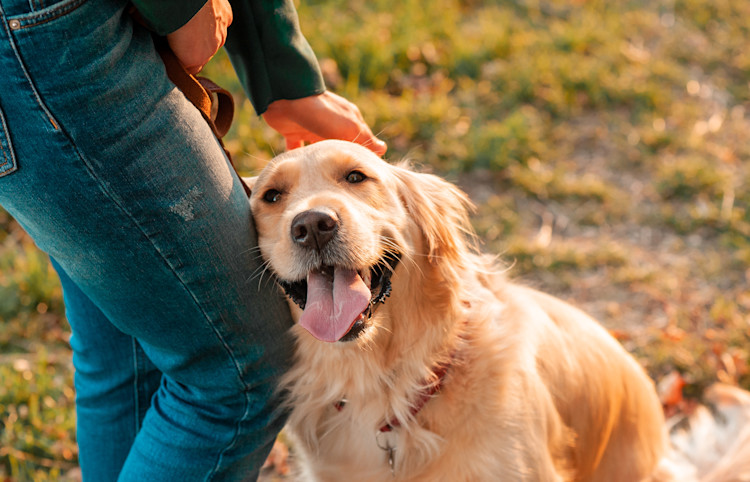
Dog Separation Anxiety Solutions: A Guide for Pet Owners
Share
When you bring your furry friend home, the love and joy they bring into your life are immeasurable. But along with these precious moments, challenges like dog separation anxiety can arise. If you've noticed signs of distress in your dog when you leave, you're not alone. Many health-conscious pet owners are on the lookout for effective dog separation anxiety solutions to ensure their beloved pets lead happy, stress-free lives.

Identifying Signs of Separation Anxiety
Recognizing the signs is the initial step in tackling this issue. Symptoms can range from excessive barking and destructive behavior to urinating in inappropriate places. In some cases, dogs might even show signs of depression or lethargy. Knowing what to look for can help you determine whether your dog is suffering from separation anxiety or perhaps another issue entirely.
Causes Behind Separation Anxiety
The root causes of separation anxiety are varied and can be quite specific to each dog. Some dogs may develop anxiety due to a change in environment or schedule, while others might have been partially abandoned or rehomed multiple times, leading to a lack of security. Recognizing what might have triggered your dog's anxiety is crucial in seeking the right solutions.
Proven Solutions to Ease Your Dog's Anxiety
Training and Routine
Establishing a routine is essential. Dogs thrive on consistency and knowing what to expect. Setting a firm schedule for feeding, walks, and playtime can significantly reduce anxiety. For comprehensive training techniques, check out dog separation anxiety training.
Safe Spaces and Soothing Tools
Creating a safe and comfortable space for your dog can alleviate stress when you're not home. Consider using items such as a piece of your clothing that carries your scent, or engaging toys and puzzles that can distract your dog from your absence. Additional insights can be found in these guides by PetMD.
Professional Help
Sometimes, the most effective solution is to seek professional assistance. Veterinarians or professional trainers can offer valuable solutions tailored to your dog's specific needs. For an in-depth understanding of this, explore how to deal with dog growling and other anxiety-related behaviors.

FAQs on Dog Separation Anxiety
1. How long does it take to solve separation anxiety?
The duration varies depending on the severity of the anxiety and the chosen solution. With consistent effort, some dogs may show improvements within a few weeks, while others might take longer.
2. Can medication help my dog?
In severe cases, medication prescribed by a veterinarian can help manage symptoms, but it should be considered in conjunction with behavioral therapy.
3. Is it okay to leave my dog alone for a full workday?
Leaving a dog alone for extended periods can exacerbate anxiety. Consider hiring a dog walker or using a doggie daycare service to break up the day and reduce stress.
For additional tips and strategies, check out how to deal with dog growling showing teeth and other behavioral issues that often accompany separation anxiety.
This article contains affiliate links. We may earn a commission at no extra cost to you.
